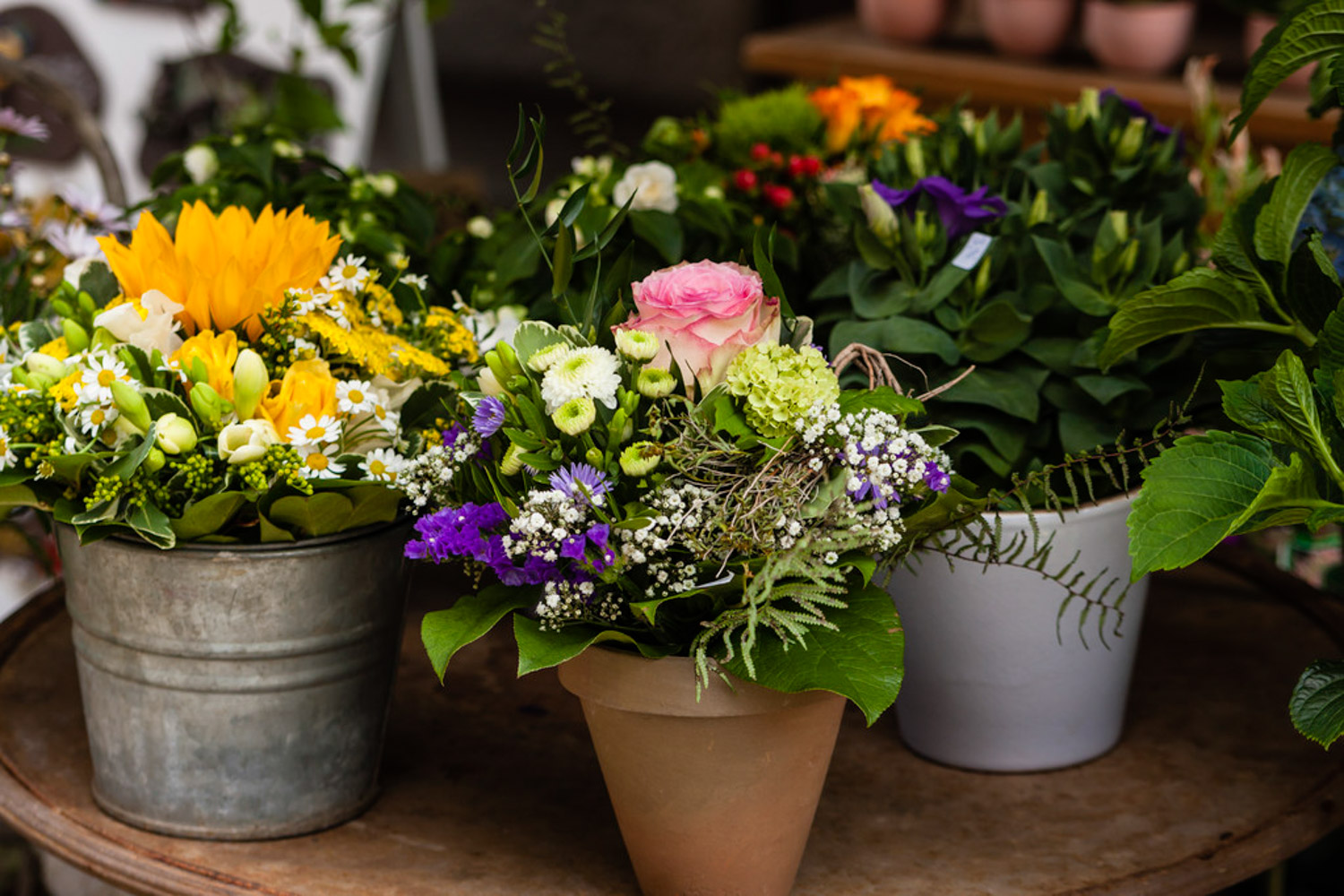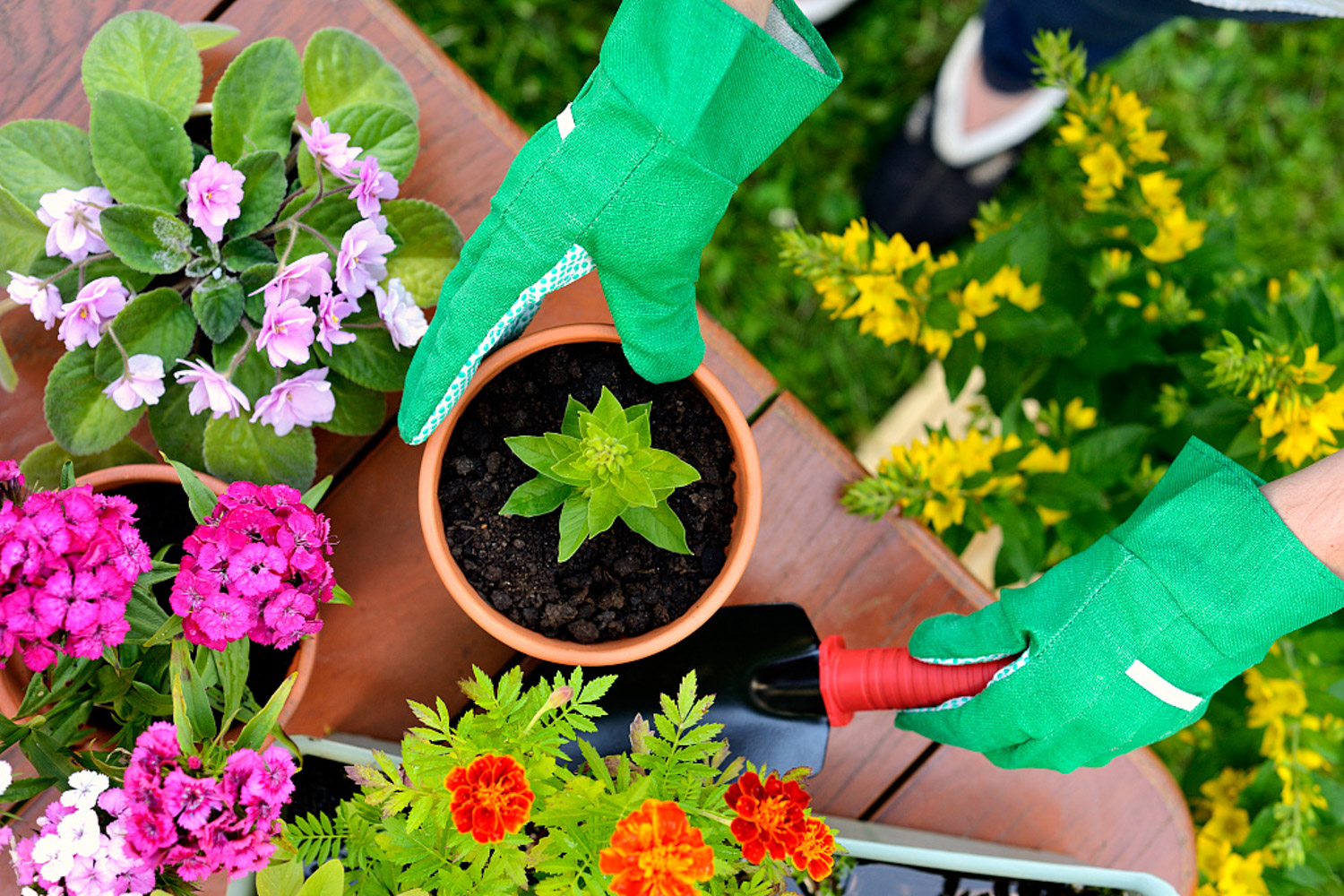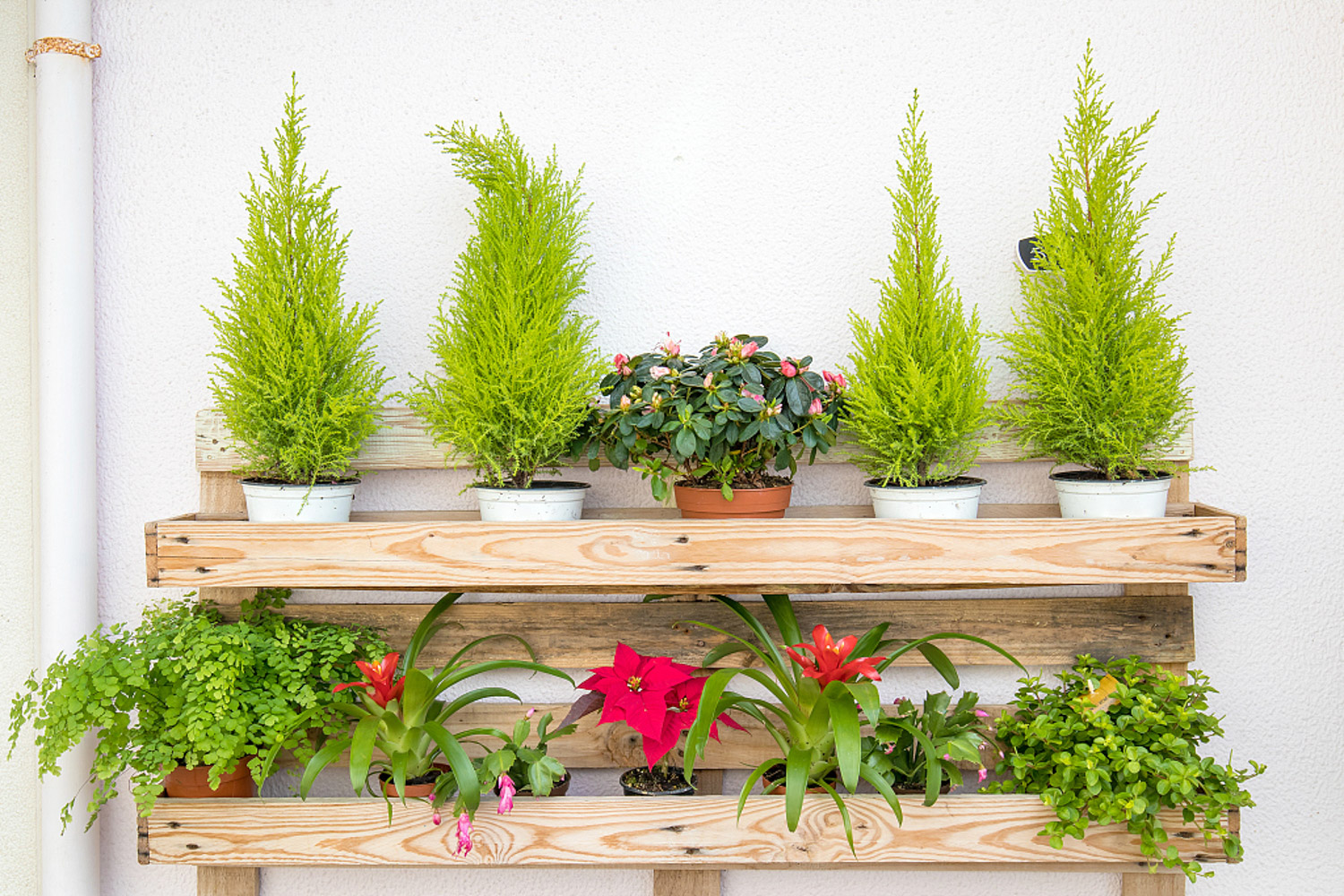How to cut crab claw

1. Prepare the crab claw leaves you accidentally touch. If you feel that there are too few leaves and it is not good to make a potted plant, you can cut the top leaves of the complete crab claw, which is very dynamic and easy to take root
2. Put the leaves of crab claw orchid in a cool and ventilated place for 1 ~ 2 days to heal the wound
3. Prepare the soil. The soil for cultivating crab claw orchid can be prepared by mixing pine needle soil and river sand 1:1, which is conducive to maintaining water and promoting rooting
4. Insert the dried crab claw leaves stably into the soil, compact and water through
5. Put a plastic bag on the outer cover of the flowerpot, raise the temperature in the pot, accelerate the rooting, and then put the flowerpot in a place not in direct sunlight to wait for rooting. You can check it once every 3 ~ 4 days. If the soil is dry, spray some water with a watering can without watering thoroughly
6. After a week, the plastic bag can be removed. At this time, it will be found that the crab claw has the trend of hair roots. After it sends out new buds, it can be managed normally
7. Cultivate the sprouted crab claw seedlings in pots to ensure sufficient growth space for the root system
How to cut longevity flower

1. Use scissors to remove the vigorous (especially the flowering branches with more nutrients and higher rooting rate) long-lived flower branches, about 6 ~ 7cm. There should be two leaf nodes in each section, and the redundant leaves at the bottom can be cut off to facilitate insertion into the soil
2. Prepare the soil. It can be prepared by mixing rotten leaf soil and river sand in the ratio of 1:1, which can keep moist
3. The cut long-lived flower branches should be dried in a cool and ventilated place before they can be used. Insert the dried long-lived flower branches into the prepared basin soil, compact and water through
4. The cut longevity flower is maintained in a place not exposed to direct sunlight and takes root after two weeks
5. It should be noted that the fleshy stem of Changshou flower has a good water holding capacity. Do not water too much during germination. Generally, water once every 5 ~ 7 days, otherwise it is easy to rot
How to cut rose

1. Spring is a good season for cutting roses. Cut the well-developed and disease-free rose branches at an inclination of 45 degrees, about 10cm, to ensure that there are two leaves on them, and the excess leaves can be removed. Be careful not to cut them
2. The soil for cultivating roses can be sandy soil. After the soil is watered, insert the rose, and place the flower pot in a place where the sun is not direct, so as to keep the sand moist
3. The cutting rose will take root in about 15 days. At that time, just move the rooted rose seedlings into a larger flower pot. In spring, you can water once a week. If you water too much, it is easy to rot
How to cut Hydrangea

1. Select semi lignified branches, cut about 10cm, and ensure that there are two leaves. The upper end is cut flat and the lower end is inclined by 45 degrees
2. Cut off half of the leaves, which will reduce the evaporation of water and the acquisition of leaf nutrients, so that the nutrients are mainly concentrated on Rooting and germination, and the small leaves can be cut less
3. The soil for cultivating Hydrangea can be peat soil, add some vermiculite, pour water, and then insert Hydrangea branches into the soil. You can put a tray at the bottom of the basin and add some water, which can keep the basin soil moist during cutting and promote rooting
4. Pay attention to put the flowerpot in a cool and ventilated place. At the current temperature, Hydrangea branches can take root in about 20 days
5. After taking root, we move Hydrangea seedlings to a larger pot and keep them in a place where the sun is not direct
How to cut triangular plum

1. Prepare about ten centimeters of Prunus deltoides branches, try to choose the mature branches that have been lignified, and keep 2 ~ 3 leaves
2. The soil can be prepared with rotten leaf soil and river sand 1:1. After watering, insert the triangular plum branches into the soil and put them in a place with no direct sunlight and ventilation. You can put on plastic bags to keep moisture and accelerate rooting
3. In spring, Prunus deltoides will take root in half or 20 days
4. Transplant the rooting new seedlings of Prunus deltoides into pots and maintain them normally
Well, Huahua, I'll introduce you here today
Flower friends can try it by themselves
Take advantage of the good spring, move

 how many times do yo...
how many times do yo... how many planted tre...
how many planted tre... how many pine trees ...
how many pine trees ... how many pecan trees...
how many pecan trees... how many plants comp...
how many plants comp... how many plants can ...
how many plants can ... how many plants and ...
how many plants and ... how many pepper plan...
how many pepper plan...





























